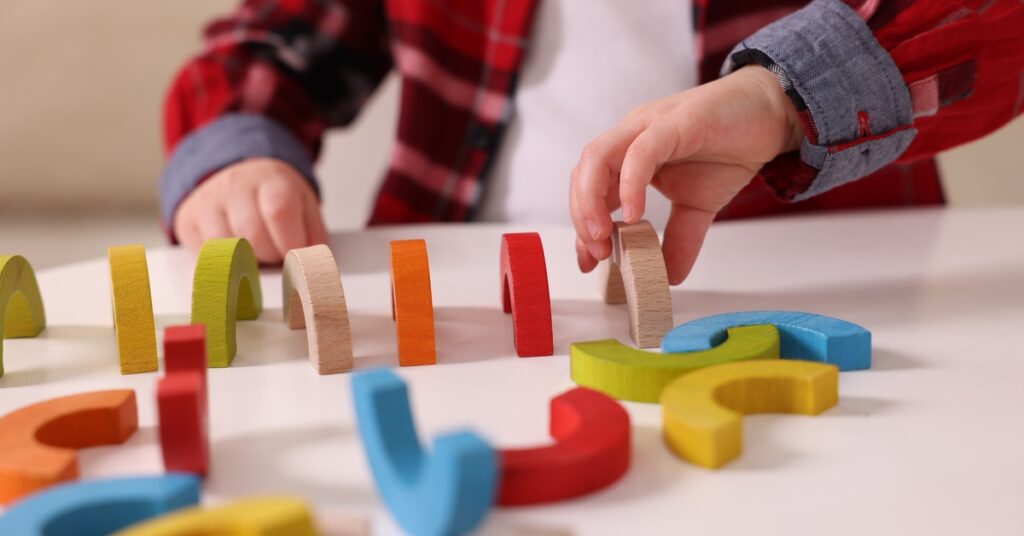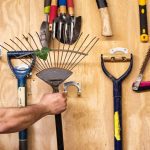Watching your child take their first steps or zip up their jacket is more than a joyful moment—it’s a sign of them developing the essential motor skills for life. Thankfully, fostering these skills doesn’t require fancy equipment. Below, we outline some fun ways to help young children develop their motor skills.
Why Motor Skills Matter for Your Child’s Development
If you’re not familiar, motor skills fall into two categories: gross and fine. Gross motor skills involve large muscle groups for activities (running, climbing, etc.), and fine motor skills involve small muscles for activities such as writing and buttoning clothes. Motor skills are important for child development as they’re vital skills for everyday life, and they help build the child’s confidence and independence as they learn to do things on their own.
Engaging Activities That Boost Motor Skills
There are many fun ways that parents can help their young children develop their motor skills. Engaging activities like creating obstacle courses, playing games, and creating art are all excellent strategies for a child’s motor skill development.
Create an Indoor Obstacle Course
Transform your living space into an adventure zone with simple household items. Arrange couch cushions to create stepping stones, use masking tape to make lines for walking balance, and set up tunnels using chairs and blankets.
Obstacle courses develop gross motor skills while challenging your child’s problem-solving abilities. Start with simple courses featuring three or four stations, then gradually increase complexity as your child masters each level.
Creative Play With Clay and Dough
Rolling, pinching, and sculpting clay provides excellent fine motor skill practice that doubles as artistic and creative fun. The resistance of clay strengthens small hand muscles while improving dexterity and hand-eye coordination.
Encourage your child to roll clay into snakes, create small balls, and use cookie cutters to make shapes. These activities require precise finger movements that prepare hands for writing and other detailed tasks.
Drawing and Coloring
Art activities naturally develop fine motor skills while fostering creativity and self-expression. Provide various drawing tools, including crayons, markers, colored pencils, and chalk, to expose your child to different grip requirements and textures.
Start with large paper and thick crayons for younger children, gradually progressing to smaller paper and thinner writing tools. Encourage scribbling, which helps develop the muscle memory for letter formation.
Play Interactive Catching Games
Ball games develop hand-eye coordination, timing, and bilateral coordination skills. Start with large, soft balls that move slowly through the air, making catching success more likely and building confidence.
Practice underhand tosses at close distances, gradually increasing the space between you and your child as their skills improve. Use balloons for indoor play, as their slow movement gives children more time to track and position their hands for catching.
Building Strong Foundations Through Play
Motor skills develop naturally when children engage in fun, age-appropriate activities, so focus on progress rather than perfection as each child develops at their own pace. Regular opportunities for physical play and hands-on activities, even just five to ten minutes a day, can make a big difference over time. Celebrate their efforts and achievements, no matter how small, as your encouragement creates lasting memories of fun family moments!






